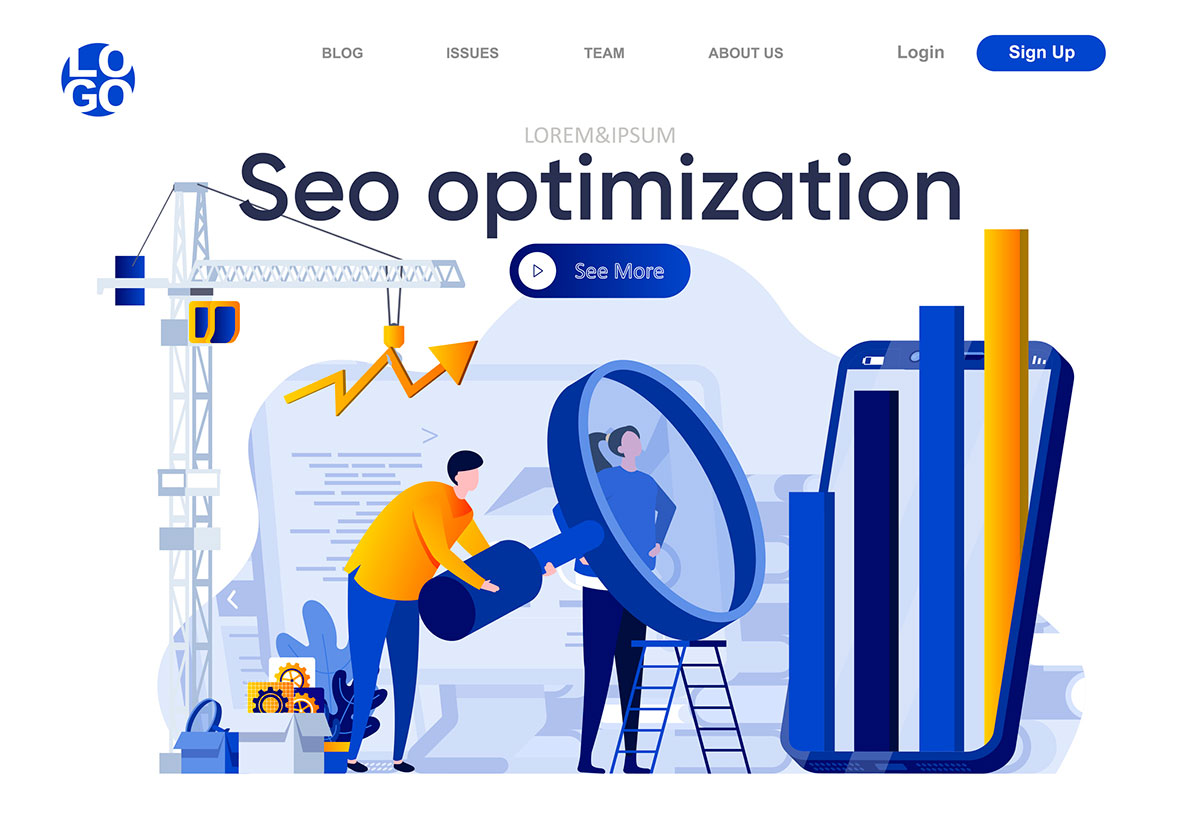Search Engine Optimisation (SEO) is a wonderful marketing tactic to achieve higher website traffic and brand awareness. It is a proven way to rank higher in SERPs and measure the campaign performance – something that will help you identify new opportunities and prevent possible threats.
Whether it is about rankings, traffic, engagements, leads, revenue, or orders, SEO metrics give you a deep insight into your marketing efforts. These stats will provide you with all the required data you will be needing to formulate new strategies or keep up with the existing ones.
Well, the main question is, how do you do it?
With a bunch of tools on the internet, you might get confused about which to choose. So, here we are with the top 7 metrics that you should be using to track your performance. Let’s have a look.
Seven SEO Metrics to Measure the Impact of Your SEO Campaign
1. New Referring Domains
As you might be aware that backlinks are one of the most important factors in Google rankings. Adding relevant backlinks from trusted domains can boost your domain authority.
So, in Google’s language, if a website links to you it shows that they trust you. A second link from the same website can be less valuable than from a new or comparable domain.
Overall, you have to track your backlinks and referring domains. If you wish to grow your organic traffic, you will need to work on new referring domains. Make sure that you monitor this metric to see if your backlink efforts are working.
2. Domain Authority/ Domain Rating
Domain Authority/ Domain Rating is a score used by most SEO tools to gauge the overall SEO strength of a website. This score is generated based on the number of backlinks, quality of referring domains, and so forth.
The score is built on a logarithmic scale from 0 to 100. Sites with higher scores are expected to rank better for search queries and vice versa.
Also, Domain Authority is not an official Google ranking factor. However, it helps you in calculating your ranking factor. So, if you wish to step high on the search results, work on increasing your domain authority.
3. On-page Optimisation Scores
As the name indicates, on-page optimisation is a process of optimising the content of a page for both users and search engines. The score takes a lot of factors into account including:
- Keyword density
- Keywords in headings and subheadings
- Instances of related keywords
4. Text Readability SEO Metrics
Text readability and relevance are crucial factors for users. Also, Google and Bing take this into account to decide your ratings. An actionable content with a clear message and takeaway is any day more valuable than an overstuffed one.
So, how do you measure it?
Tools including Yoast and Clearscope provide you with a readability score for every page on your website. It also gives you some tips to make your content more lucid and readable.
Simply put, Yoast trims down your content to make it more digestible while Clearscope improves your content marketing efforts. Together, these make you rank better in the search engine results.
5. Impressions
Every time your page shows up in a search result, it is counted as an impression although the user didn’t scroll down or see your listing.
Impressions are an initial indicator of your SEO efforts. As you focus more on your ranking, your impressions automatically improve.
You can check this through Google Search Console’s Performance module.
6. Click-Through Rate (CTR)
Click-Through Rate lets you know about the percentage of impressions in the SERP that turned into CTR to your website. For instance, if 200 users see your website on the search engine and 1 person clicks on it, you get a CTR of 1%. Similar to impressions, You can check this through Google Search Console’s Performance module.
The rule is simple, the higher you rank on SERP, the more clicks you will earn.
7. Keyword Rankings
Keyword rankings are a critical part of SEO metrics to track. These help in setting a benchmark for your progress as well as provide a signal if your SEO strategy is working. In addition, these also provide your current organic market share so that you can improve.
Before starting your keyword research, pay attention to branded and non-branded search terms. Any drop in these rankings will show you the loophole where you can improve.
Takeaway!
Pushing your SEO campaign efforts empirically without tracking or measuring your efforts will not yield results. Hence, you need to track and keep a check on the major factors to improve your SERP rankings.
Our team at Netplanet Digital is focused on providing you with complete SEO services – from creating a marketing strategy to measuring it, we can do it all for you. Get in touch with our trained professionals here to discuss your next SEO campaign.
























































